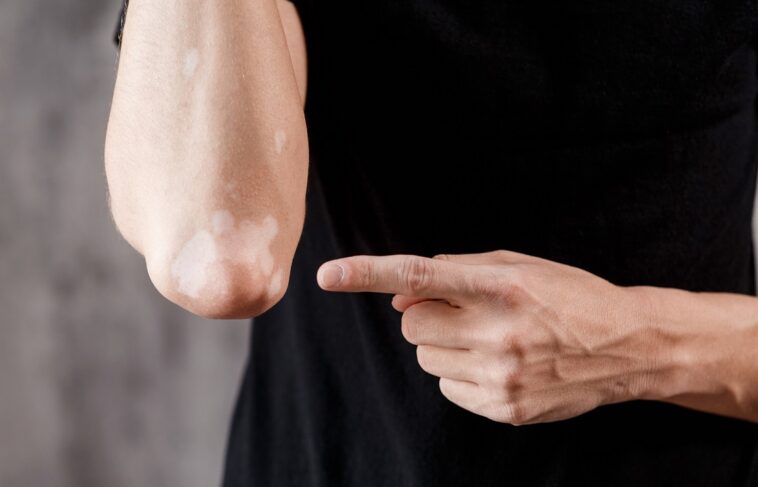Phototherapy is a common treatment for skin conditions such as vitiligo and psoriasis. It involves exposure to ultraviolet (UV) light to improve skin pigmentation or reduce the symptoms of these skin conditions. However, a recent study has shown that patients with vitiligo and psoriasis receiving phototherapy are at a higher risk of developing skin cancer.
Vitiligo is a skin condition that causes loss of pigmentation in patches, while psoriasis is a chronic autoimmune condition that affects the skin. Phototherapy is a popular treatment option for both conditions, as it can be effective in restoring skin color and reducing symptoms such as itching and redness.
However, a study led by Brian Keng Yong Chia, MBBS, of the National Skin Centre of Singapore found that patients with vitiligo and psoriasis in Singapore receiving phototherapy were at a higher risk of developing skin cancer, including squamous cell carcinoma and basal cell carcinoma. The 9-year retrospective study analyzed the medical records of 730 patients with vitiligo and psoriasis who received phototherapy and found that these patients had a higher incidence of skin cancer compared to the general population. It is to be noted that the study participants had received phototherapy during a 9-year timeframe from 2004 to 2013.
The increased risk of skin cancer in patients with vitiligo and psoriasis receiving phototherapy is believed to be due to their already compromised skin barrier and their exposure to UV light during phototherapy. UV light can damage the DNA in skin cells, which can lead to the development of skin cancer over time.
It is important for patients with vitiligo and psoriasis to understand the potential risks associated with phototherapy. While phototherapy can be effective in treating these skin conditions, it is important to weigh the potential benefits against the potential risks. Patients should discuss their individual circumstances with their dermatologist or healthcare provider and consider alternative treatments, such as topical corticosteroids or psoralen plus ultraviolet A therapy (PUVA therapy), if they are concerned about the risk of skin cancer.
Note: It is important for people with vitiligo to understand the potential risks associated with phototherapy and to discuss alternative treatment options with their healthcare provider. Regular skin exams and early detection of skin cancer can also help reduce the risk of skin cancer.

